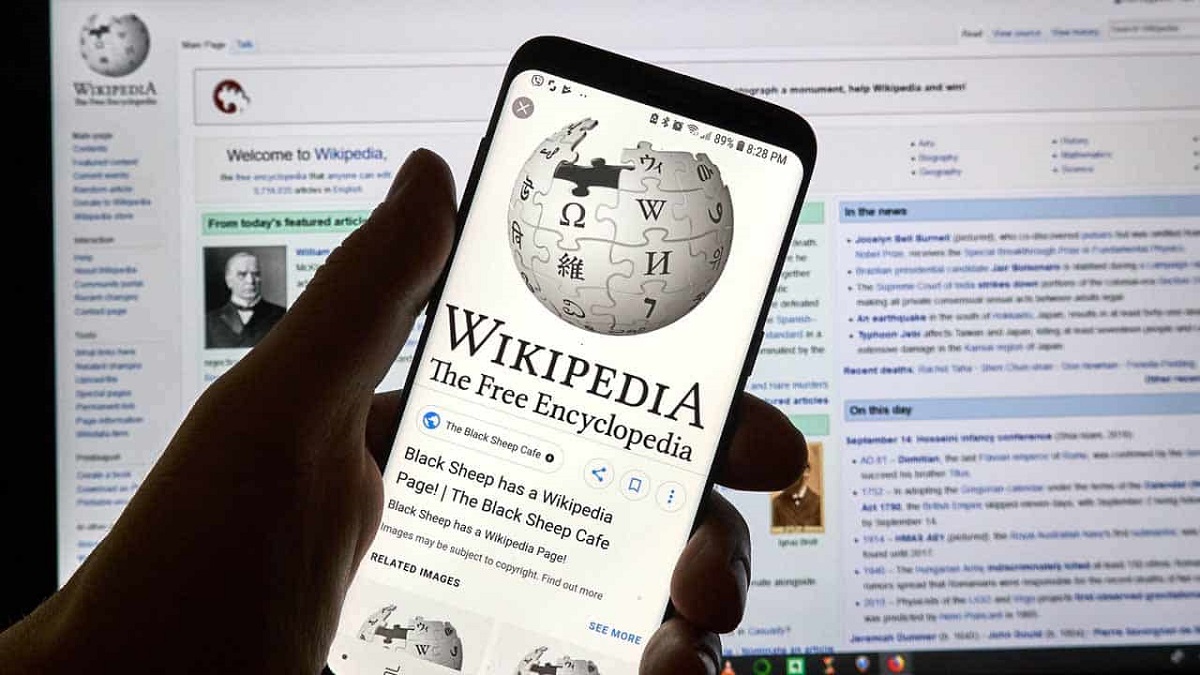Nowadays, your brand repo is all about how people perceive your brand. A wrong impression can really hurt your overall brand. That’s why you need Wikipedia monitoring!
One of the most clicked-on spots for info is Wiki, so keeping an eye on Wikipedia monitoring is critical for brands. But why? Basically, this practice ensures brands know the facts about them are correct, new, and match their look.
So, let’s take a detailed look at this!
Ensuring Accuracy and Credibility
Millions worldwide trust Wiki as their go-to spot for information. Yet, wrong or old details can trick folks and hurt your business. That’s where Wikipedia monitoring saves lives. By keeping an eye on your Wiki pages, you can fix mistakes, add fresh news, and keep up the good name. Not only does it enhance your cred, but it also keeps consumers and stakeholders happy.
So, updated info? Erasing false rumors? Accuracy at all times? Eradicating errors? Don’t worry. Wikipedia monitoring handles all. Moreover, this helps brands stay true.
Protecting Brand Reputation
Secondly, keeping your firm in the goodies is important. Basically, bad or wrong info on a Wiki page can hurt a firm’s good name. By watching Wikipedia monitoring pages, you can easily filter out false or bad words.
This intelligent move helps firms keep their good name safe by making sure only trustworthy and good words show up. Furthermore, firms can use Wiki pages to tell the world about their excellent work. How do they help people? What problems are they solving? How do they do it? This can make firms look good and help them get more customers.
Enhancing SEO and Online Visibility
Wiki pages often appear near the top of search results. When people hunt for a brand, its Wiki page usually shows up before even the site shows up.
Wikipedia monitoring helps you improve your content. This not only boosts your customer retention but also boosts your reliability on all platforms. How? Basically, when people get quality content, they automatically think that the firm is uptight and trustworthy. Moreover, this can boost your site’s search engine rank. This extra visibility can draw more people to your sites and other online spots.
In short, Wikipedia monitoring can help a brand gain a bigger audience.
Building Consumer Trust
People usually check Wiki to learn about brands. Are they credible? Trustworthy? What about their services? Good at feedback? Disappointing? Your wiki page can tell potential customers loads about your firm.
Also, a sweet Wiki page with clear, true stuff helps users trust a firm. So, Wikipedia monitoring lets you fix the information to create good relations with your customers. Moreover, this helps firms show they’re open and honest.
So, by keeping a close eye on Wiki, firms can make sure their side of the story gets told right. Also, when people see a firm taking the time to set the record straight, they’re more likely to think they’re dealing with a legitimate business.
Managing Brand Image
Your brand image is shaped by what people know about you. Wiki helps with your band image by making sure that your site always shines with the good things. Have you got any past achievements? Highlight them. Publications on famous platforms? Post them.
With Wikipedia monitoring, brands can show their new things, prizes, and other big wins. Also, this makes sure that their content screams their visual identity, missions, and overall morals. It’s like making a visual storyboard for your firm. This helps keep a good name and avoid bad press. Moreover, a clean Wiki page shows that a brand cares and wants to be honest with its customers.
Mitigating Misinformation
Another benefit of Wikipedia monitoring is the ability to radicate false information. Misinformation can seriously downplay any firm’s repo, eating at its fame and credibility. However, with Wikipedia monitoring, you can ensure that there is no misinformation regarding you. Moreover, you can detect and correct all the spread of rumors within a short period of time. This keen watch helps keep info accurate and clear for everyone.
Supporting Public Relations Efforts
Wikipedia monitoring supports a brand’s public relations (PR) efforts. PR teams can use the site to share essential information and news. By making sure the Wiki page aligns with the brand’s current PR plan, companies can share their story with more people.
This means Wikipedia monitoring lets PR teams use the site to get their message out.
Facilitating Crisis Management
Bad news spreads fast. Moreover, when things go south, wrong info flies. That’s one more reason why Wikipedia monitoring is so crucial for brands. Basically, firms need to be quick when stuff starts going wrong. They need to fix the mess fast. This helps deal with the crisis better. Plus, it stops your brand from taking a hit.
Competitive Advantage
Brands that diligently monitor their Wiki pages hold a significant advantage. They know what folks are saying about them online. This helps them keep things neat and tidy. It’s like having a guard dog watching your back. While others are clueless, these smart firms are one step ahead. They’re in control of their story, not letting others write it for them.
Enhancing Brand Awareness
Wiki pages can be a goldmine for your brand. People love a good story, and yours is no different. So, share your roots, your goals, and what drives you. But beware, this isn’t supposed to be just bragging.
Moreover, when people know your deal, they’re more likely to pick you. It’s like making new friends but on a bigger scale. Also, once they’re on your side, they stick around. That’s what we call loyalty, and it’s worth its weight in gold.
Conclusion
Wikipedia monitoring matters big time for firms today. It helps keep all the info accurate, guards your name, helps users find you, builds trust, shapes your image, stops fake news, backs up your PR work, helps when things go south, and beats out your rivals.
